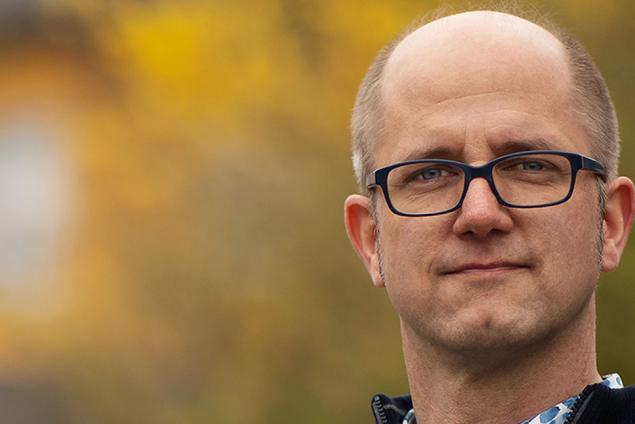Scroll to Section:
Many people around the world do not invest in the stock market. In this video, LUCA HENKEL considers why this is the case, analyzing the image and opinion that people have of stock market investors. Surveying some 8000 individuals living in 11 countries, Henkel asks them about their views of stock market investors. In all countries, investors are viewed more negatively than non-investors. He then links these views to their investment decisions, showing that such views are predictive of investment behavior: the more negatively participants view stock investors, the less likely they themselves invest in the stock market. Identifying a heretofore neglected factor, Henkel’s work opens a path for policymakers to encourage more people to engage with the stock market.
DOI:
https://doi.org/10.21036/LTPUB101104
Institution

University of Bonn (Rheinische Friedrich-Wilhelms-Universität Bonn)
Bonn is one of the large universities in Germany, with around 36,000 students, 550 professors, 6,500 other staff staff. It offers a wide disciplinary spectrum comprising some 200 different degree programmes, from Agricultural Science to Tibetan Studies. This diversity is what characterizes Bonn as a full-range university with a strong international orientation. In many international university rankings Bonn is placed among the 100 best universities in the world.Its academic and research profile features internationally renowned specializations in the fields of Mathematics, Physics/Astronomy, Economics, Chemistry, Pharma Research, Biosciences, Genetic Medicine, Neurosciences and Philosophy/Ethics. Other disciplines, such as Geography and Law, are of outstanding importance within the German research scene.
The Rheinische Friedrich-Wilhelms-Universität Bonn is rooted in a long tradition going back almost 200 years. It was founded in 1818 by Friedrich-Wilhelm III, the Prussian king whose name it bears. Imbued with the spirit of Wilhelm von Humboldt, the university quickly joined the circle of Germany's most distinguished universities and became a major pole of attraction for leading scholars as well as students.The list of famous professors ranges from the astronomer Friedrich Wilhelm Argelander (1799-1875), through the chemist August Kekulé von Stradonitz (1829–1896) and political economist Josef Schumpeter (1883–1950) to the philologist Ernst Robert Curtius (1886–1956) and the theologists Karl Barth (1886–1968) and Joseph Ratzinger (born 1927), now Pope Benedict XVI. Bonn's best-known students include Heinrich Heine, Karl Marx, Friedrich Nietzsche, and Konrad Adenauer.
The university is proud of a long list of award-winning scientists and scholars, with about twenty Leibniz Prize winners and around thirty ERC grantees. In the last three decades two professors have received the Nobel Prize: Wolfgang Paul (for Physics, 1989) and Reinhard Selten (for Economics, 1994). (Source: University of Bonn)
Show more




